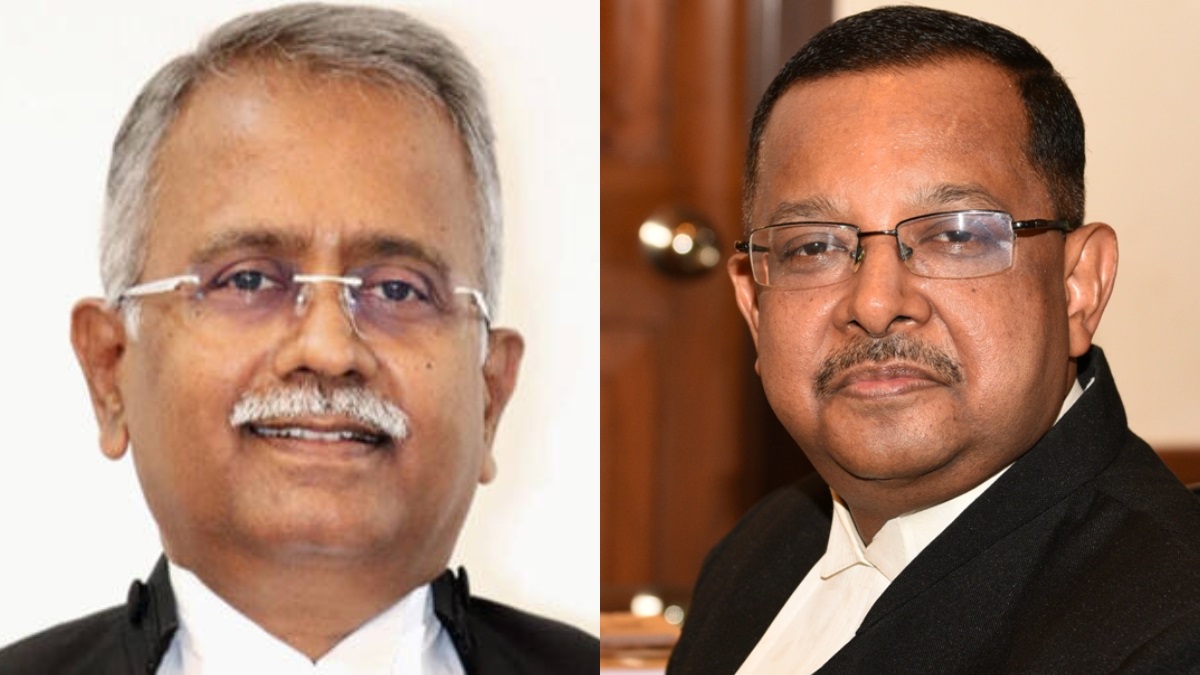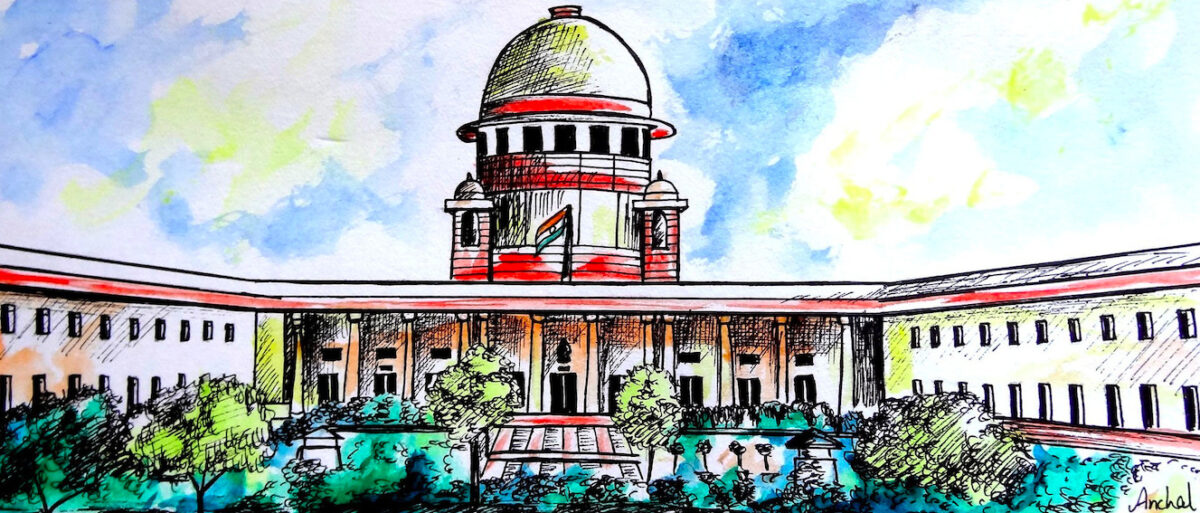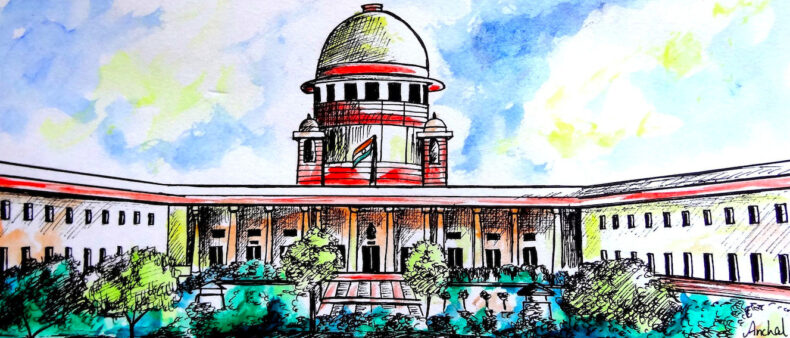Friday saw the swearing-in of Justices Ujjal Bhuyan and SV Bhatti as Supreme Court judges, bringing the court’s operational strength to 32.
At a ceremony held in the Supreme Court, which was attended by other judges and attorneys, Chief Justice of India DY Chandrachud gave the two judges their oaths of office.
The collegium of the apex court had recommended their appointment to the Supreme Court on July 5, 2024
The Central government subsequently announced the nominations on July 12.
While Justice Bhatti was the Chief Justice of the Kerala High Court, Justice Bhuyan presided over the Telangana High Court.
The Gauhati High Court is the parent High Court of Justice Bhuyan.
On October 17, 2011, he was chosen to serve as a judge of the Gauhati High Court.He has been the senior-most judge on his parent High Court i.e. Telangana High Court.
The most senior judge in his parent High Court, Justice Bhatti was appointed to the High Court of Andhra Pradesh on April 12, 2013.
He was appointed Chief Justice of the Kerala High Court on June 1, 2024, after being moved there in March 2019.

Who is Justice Ujjal Bhuyan?
Ujjal Bhuyan, a judge of the Indian Supreme Court, was born on August 2, 1964. He served as Telangana High Court’s previous Chief Justice. Additionally, he has held judicial positions at the Gauhati, Bombay, and Telangana high courts.
Who is Justice SV Bhatti?
Judge Sarasa Venkatanarayana Bhatti who was appointed to the Supreme Court of India was born on May 6, 1962. He served as Kerala High Court’s previous Chief Justice. Additionally, he has held the positions of judge on the high courts of Kerala and Andhra Pradesh as well as acting chief justice of the Kerala High Court.
How are the Supreme Court justices appointed?
The Union Minister of Law, Justice, and Corporate Affairs would first receive the Chief Justice of India’s request and recommendation to replace the vacancy whenever a vacancy is anticipated in the position of a Supreme Court judge.
The collegium comprises the Chief Justice and the Supreme Court’s four senior most puisne judges. It must be consulted by the Chief Justice of India before forming an opinion as to the appointment of a justice to the apex court. The collegium will include the successor Chief Justice of India if he is not one of the four senior-most puisne Judges since he should be involved in choosing the judges who would serve during his tenure as Chief Justice of India.
The Chief Justice of India must ensure to communicate his opinion as well as the opinion of all concerned to the Government of India. Members of the collegium will express their opinions regarding each recommendation in writing, as will the senior most Supreme Court Judge from the High Court from which a prospective candidate hails. If the Chief Justice of India or another member of the Collegium seeks opinions, especially from non-judges, the consultation need not be in writing
However, the judge who seeks the opinion is required to make a memo outlining the general points of the consultation and send it to the Indian government.
The proposal of the Chief Justice of India regarding the appointment is sent to the Ministry of Law and Justice. The law minister forwards this proposal to the Prime Minister who then advises the President to appoint the justice. After this, the President appoints the Supreme Court justice.













